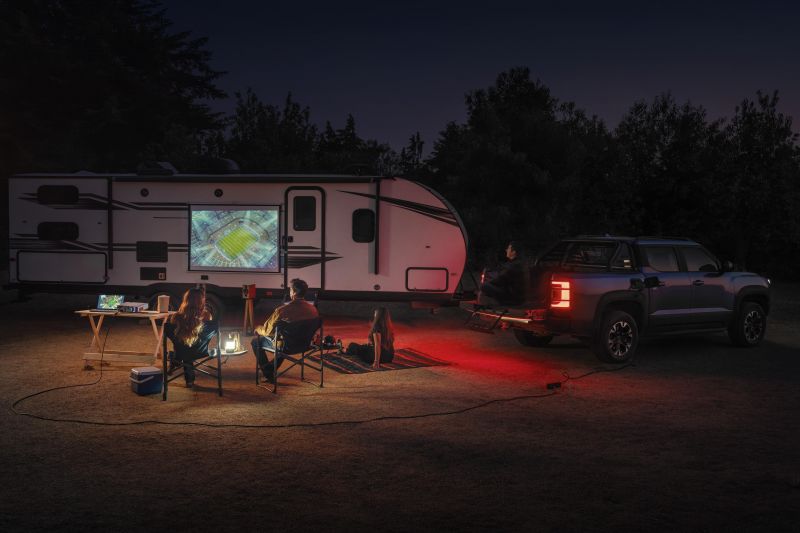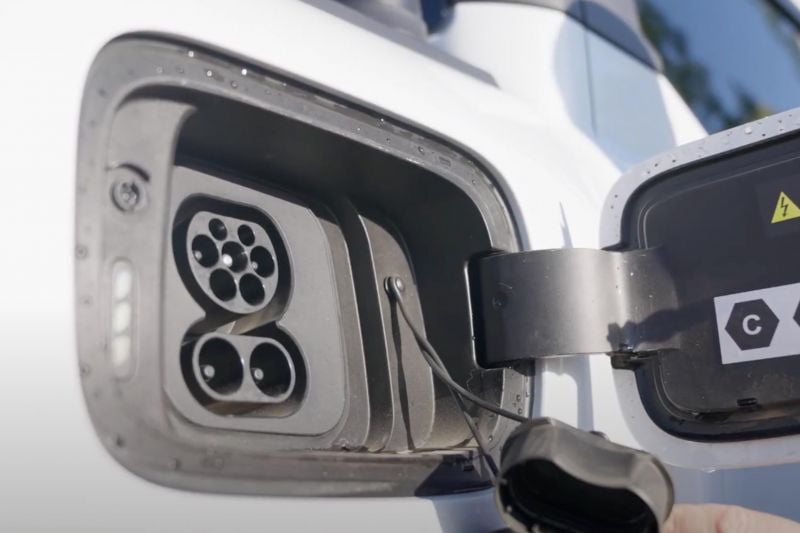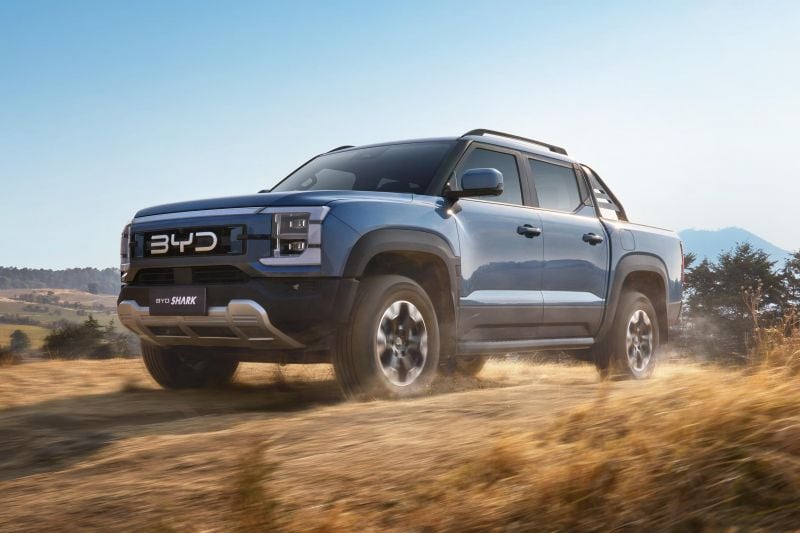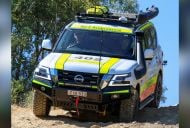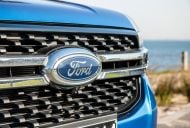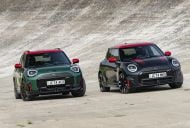Australian customer deliveries for the BYD Shark 6 are set to commence in December 2024 or January 2025, but the popularity of the ground-breaking plug-in hybrid (PHEV) dual-cab ute may be dented by imminent changes to tax legislation that the Chinese carmaker’s local importer describes as a “challenge”.
Currently, if you’re buying a PHEV or electric vehicle (EV) under the Luxury Car Tax (LCT) threshold ($91,387) through a novated lease, you’re exempt from fringe benefits tax (FBT).
But as it stands, from April 1, 2025, a PHEV will no longer be considered a zero- or low-emissions vehicle (ZLEV), according to the Australian government, and hence won’t be exempt from FBT.
When asked how that will impact sales of the forthcoming BYD Shark 6, the CEO of local BYD distributor EVDirect, David Smitherman, told CarExpert it’s “going to be a challenge for sure”.
100s of new car deals are available through CarExpert right now. Get the experts on your side and score a great deal. Browse now.
“The novated lease and salary packaging is definitely a benefit and I think we’d be disappointed should [the current PHEV incentive] be removed,” said Mr Smitherman.
“If we look specifically at the Shark 6, it offers a choice for a consumer they don’t otherwise have [currently].
“So I think it’s important to look at the legislation. The legislation was developed before, really, there were PHEVs in market.
“So I think that’s got to be looked at for sure, but it’s definitely something we’d like to continue.”
According to Mr Smitherman, there’s “quite a lot of work being done” on an extension of the FBT exemption for PHEVs.
A number of industry experts are calling for the program to be extended.
“PHEVs are the stepping stone to pure electric driving,” said NALSPA chief executive Rohan Martin earlier this month.
“They’re a practical solution for motorists who seek the benefits of lower running costs and lower emissions but may regularly drive longer distances or have concerns about driving range, charging times and lack of public charging stations associated with a pure EV.
“We know drivers are primarily using PHEVs as electric vehicles but they also have the security of a conventional engine for longer trips or when charging isn’t readily available.”
The BYD Shark 6 will be the Chinese carmaker’s second PHEV in the Australian market, following the Sealion 6 mid-sized SUV that launched locally a few months ago.
From January to the end of September 2024, overall PHEV sales were up 120.5 per cent on the same period last year. That saw their growth outpace hybrids (up 87 per cent) and EVs (up 6.6 per cent).
This growth comes from a low base, however, as total PHEV sales of 15,546 pale in comparison to EVs (70,094) and hybrids (129,895) so far this year.
MORE: Everything BYD Shark 6
MORE: Calls grow for PHEV tax exemption to be extended in Australia
MORE: Australian PHEV sales: How they’re tracking as 2024 nears its end

